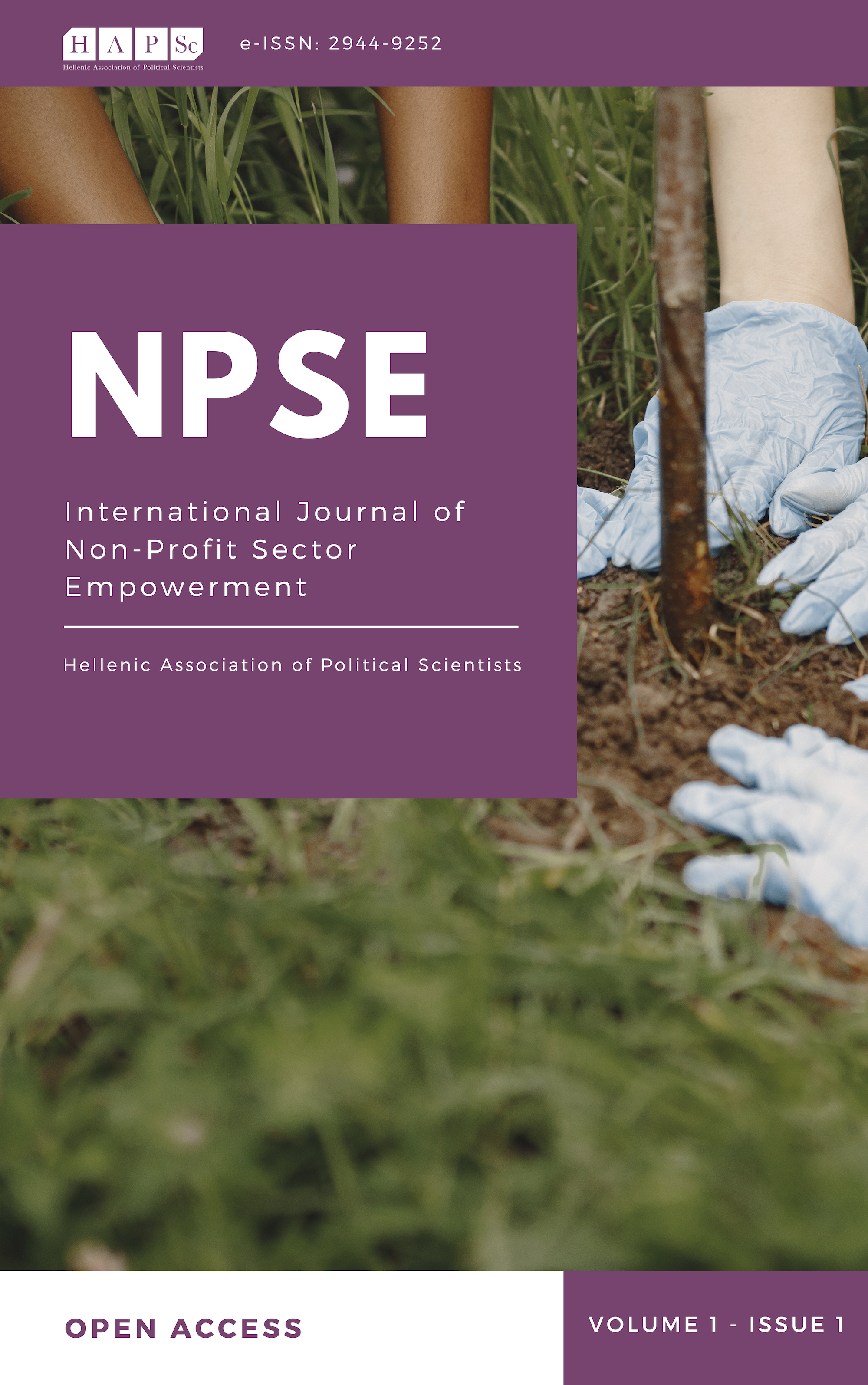Building Peace from the Bottom Up: The Case of Liberia

Abstract
Over the last two decades, national and international peacebuilding initiatives have increasingly emphasised the need to include a wider range of actors in post-conflict and peace processes. The importance of developing women’s skills and full participation in the peacebuilding sphere has been recognised and promoted by legal norms such as the United Nations Security Council Resolution 1325 (UNSCR 1325) on Women, Peace, and Security (WPS), adopted in 2000. Even though the progress made on women’s participation in peacebuilding processes cannot be ignored, the effective implementation of policy frameworks remains limited, especially in conflict and post-conflict countries. In this context, this paper analyses the role of community-based initiatives in empowering local women in peace-making and peacebuilding processes, using the case study of the Second Liberian Civil War (1999-2003) and the Women in Peacebuilding Network (WIPNET). This article emphasizes the importance of inclusive peacemaking through a review of Liberian women’s peace activism throughout the official talks.
Article Details
- Section
- Research Articles

This work is licensed under a Creative Commons Attribution 4.0 International License.
Authors retain copyright and grant the journal right of first publication with the work simultaneously licensed under Creative Commons 4.0 (CC-BY 4.0) license, that allows others to share the work with an acknowledgement of the work's authorship and initial publication in this journal.





